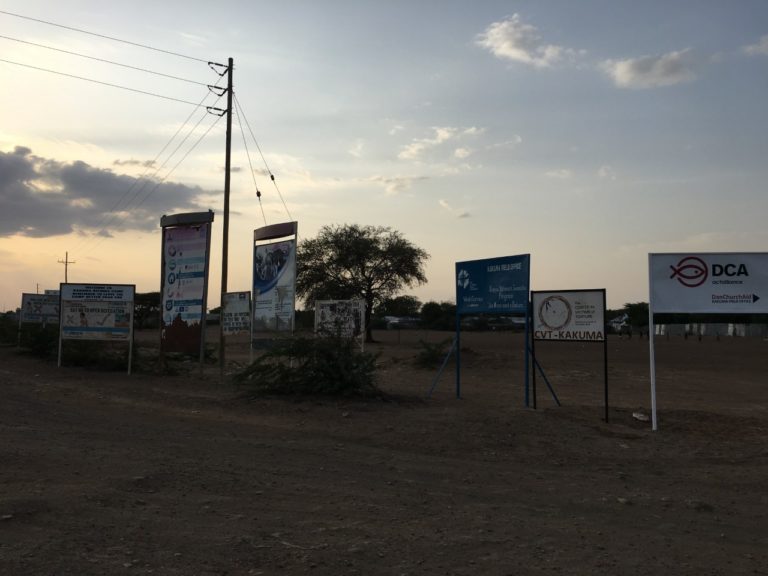York University doctoral student Mohamed Duale documents the dilemmas faced by refugees in extended exile in his recent report for the Local Engagement Refugee Research Network (LERRN), a team of researchers and practitioners committed to promoting protection and solutions with and for refugees.

Mohamed Duale
Duale spent the summer of 2019 in a research placement for the LERRN project, a Social Sciences and Humanities Research Council of Canada (SSHRC) funded Partnership Grant, which has a goal is to ensure that refugee research, policy and practice are shaped by a more inclusive, equitable and informed engagement with civil society.
Duale's research in a Kakuma refugee complex in 2019 shows how refugee-led organizations in camps provide vital programs in education, health awareness, sports and recreation, but that there is a need to further involve refugees in planning and decision-making process.
Duale, who is working with Don Dippo, University Professor in Education, is the author of the new working paper titled "To be a refugee it’s like to be without your arms, legs: A Narrative Inquiry into Refugee Participation in Kakuma Refugee Camp and Nairobi, Kenya."
At York, Duale’s doctoral research is focused on Somali youth living in the Dadaab refugee camps in Kenya. As an immigrant from Somalia himself, Duale spent a decade working with marginalized communities in Toronto, and especially African immigrants, after completing a BA and MA at York and a BEd at the University of Toronto. Through this work, Duale developed a keen interest in refugee issues, which led to his research looking at refugee education and refugee-led organizations in Kenya. Kenya is the second-largest refugee-hosting country in Africa, with over half of the refugees originating in neighbouring Somalia.
While in the Kakuma refugee camp and Nairobi in 2019, Duale conducted a series of focus groups and key informant interviews with individuals involved in refugee-led community-based organizations. His research focused on the stories of refugees and refugee leaders in order to examine their participation in the planning of programs for refugees. Historically, refugees have been seen as the passive recipients of aid, but there has been a growing call for a shift towards engaging refugees as actors and authors of the places in which they live, integrated into the society of their host countries.

Kakuma refugee camp
Duale’s research in Kenya indicates, however, that there are many obstacles to participation in the refugee regime. Social barriers, such as sexual and gender-based violence, as well as family obligations, limit the levels of girls’ participation in schools and women more generally. Regular outbreaks of general violence, lack of affordable transportation, and police harassment are all faced by residents of the Kakuma camp on a daily basis. Duale notes that “one of the most striking inconsistencies is between national policies which limit a refugee’s access to the usual rights of civilian life and global policy prescriptions calling for refugee self-sufficiency and involvement in refugee programming”. At the same time, he contends, the goals of self-sufficiency and participation need to be approached critically. Not only are there limitations on achieving those goals, but they may also be at odds with the network of power relations in which refugees find themselves.
Duale’s involvement with issues of refugee engagement in Kenya stems from his teaching for and doctoral research on York’s Borderless Higher Education for Refugees (BHER) Project. Since its establishment in 2012, the aim of the BHER project has been to make post-secondary education accessible for refugees, specifically in the Dadaab refugee camp in Kenya, one of the largest in the world. Through the BHER project, Duale has taught and mentored refugee teachers in Dadaab who in turn make education accessible to students in the camp.
Duale's research is especially relevant in light of the Covid-19 pandemic, which has focused attention on the plight and living conditions of the world’s refugees, especially those living in densely-populated camps. There are currently 71 million forcibly displaced people worldwide, and many are at heightened risk from an outbreak of the virus.
Article from the May 24, 2020 issue of Yfile
